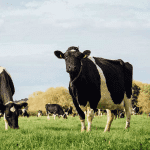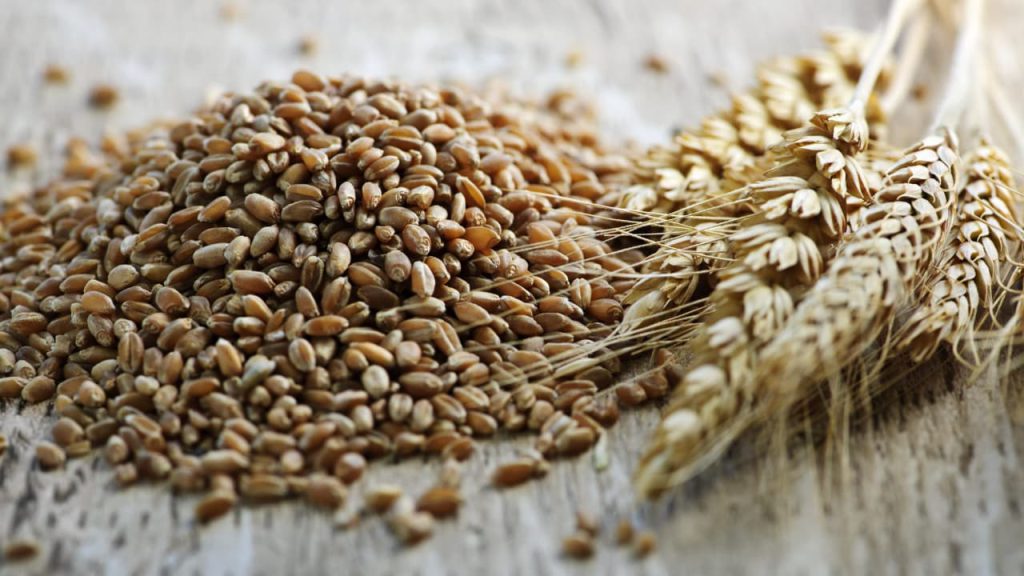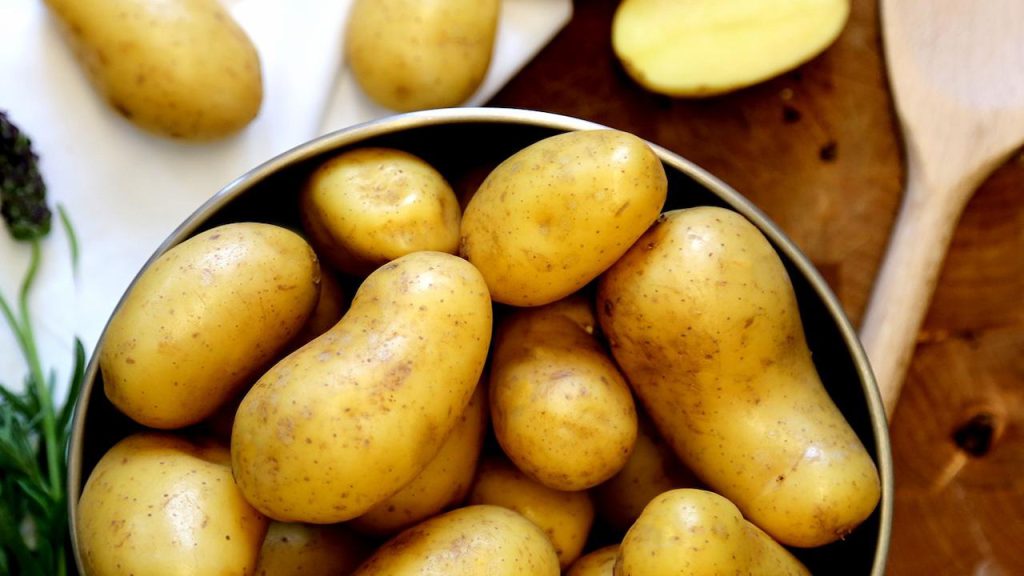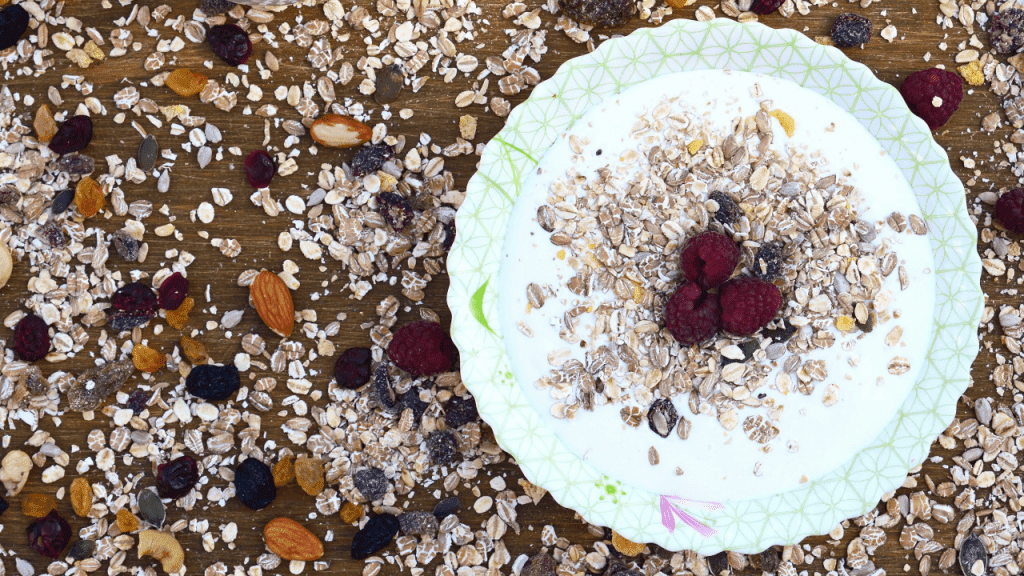Can red meat be part of a healthy diet?
Red meat has had considerable attention in the media in recent years, and its effect on health and the environment can be controversial. There has been a growing interest in more plant-based diets for health and sustainability but there is also awareness of the nutritional value of meat in the UK diet.
In this blog we take a look at a common question people ask – is red meat good for me or is it bad for me? And discuss that an ‘all or nothing’ approach to red meat isn’t required, but it is important to ensure we choose meat wisely and include it within a healthy, balanced diet. Read more below!
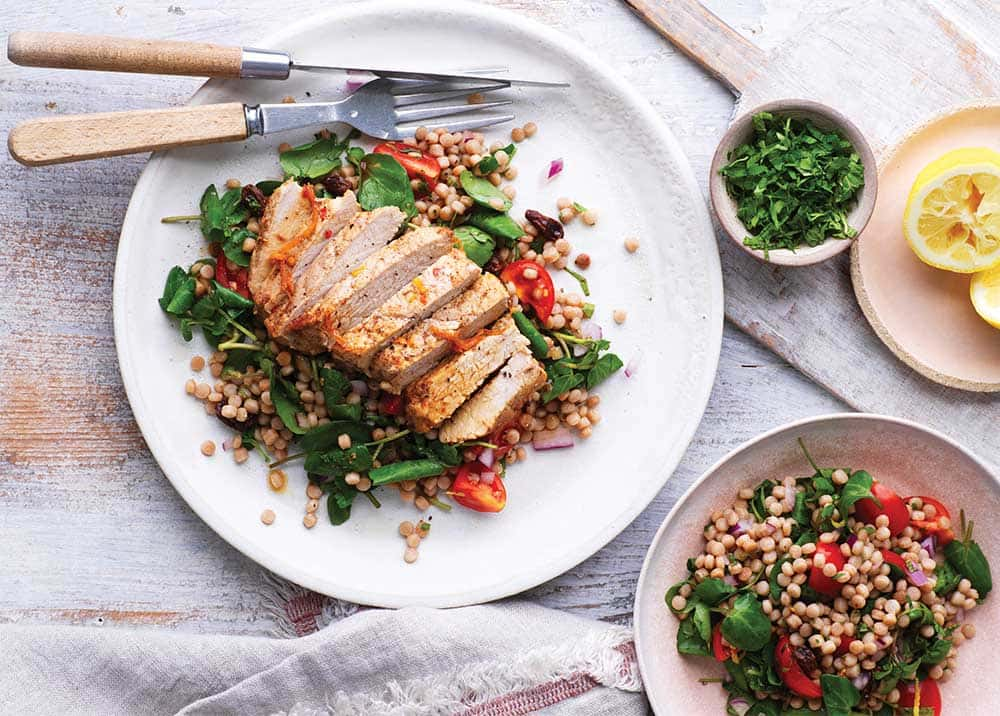
What are the nutritional benefits of eating red meat?
Red meat (beef, pork, lamb and mutton) is a good source of high quality protein, as well as vitamins and minerals, such as iron, zinc and vitamin B12. National dietary data shows that, on average, red meat contributes 7% of iron; 14% of zinc; 6% of selenium; and 15% of vitamin B12 intakes in diets of adults in the UK. Red meat is also a useful contributor to vitamin D intake.
Although a higher amount of iron in the diet comes from cereals and cereal products (38%), the iron provided by red meat (known as ‘haem iron’) is easier for the body to absorb than iron from plant-based foods. Currently, about half of teenage girls in the UK, and over a quarter of adult women, don’t get enough iron in their diet, which can increase their risk of anaemia. Vitamin B12 is only found naturally in foods of animal origin. Vegetarians who consume dairy products or eggs can get enough from their diet, but vegans need to consume foods fortified with B12 and/or take supplements or they may not get enough reliable sources of this vitamin.
Are there potential health risks of eating red meat?
An ‘all or nothing’ approach to red meat isn’t required
The British Nutrition Foundation has reviewed the accuracy of the scientific content of this page (please note this does not include linked pages) on June 2, 2021.
The British Nutrition Foundation is not a lobbying organisation nor does it endorse any products or engage in food advertising campaigns.
For more information about the British Nutrition Foundation, please visit www.nutrition.org.uk







